Publications
Articles, publications, books, tools and multimedia features from the U.S. Institute of Peace provide the latest news, analysis, research findings, practitioner guides and reports, all related to the conflict zones and issues that are at the center of the Institute’s work to prevent and reduce violent conflict.
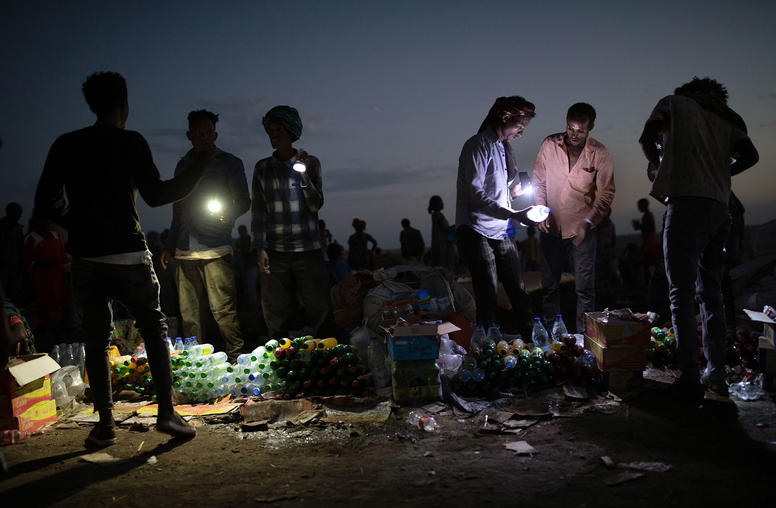
Ethiopia’s Worsening Crisis Threatens Regional, Middle East Security
The Gulf Arabs recognize a strategic reality that has eluded the stove-piped U.S. foreign and security policy bureaucracy for too long: The Horn of Africa is an integral part of the Middle East’s security landscape, and increasingly so. No country demonstrates this more clearly than Ethiopia. That country’s escalating internal crises pose an increasingly grave threat not only to the country’s citizens but to international peace and security and to the interests of the United States and its partners in the Middle East, principally Egypt, Saudi Arabia and the United Arab Emirates (UAE).
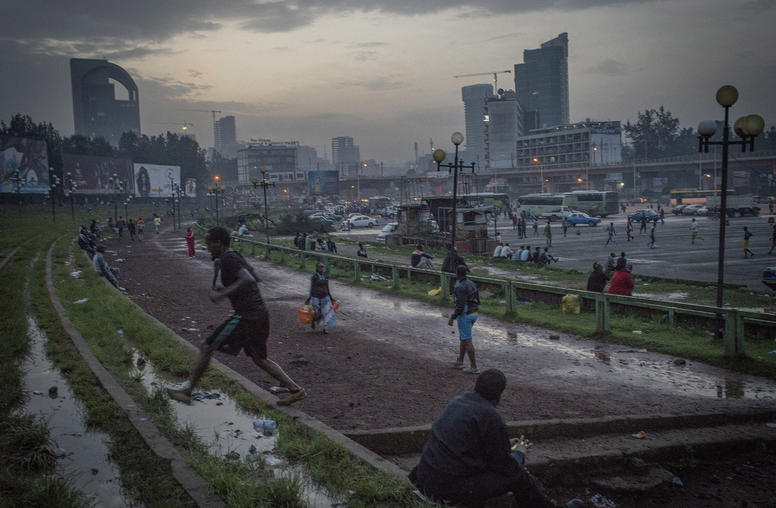
What Ethiopia’s Brewing Conflict Means for the Country—and the Region
Violent conflict between the federal government of Ethiopia and the federal state of Tigray, in the country’s north, began November 4 and quickly escalated. USIP’s Aly Verjee and Susan Stigant discuss the crisis and identify what could be done to avoid further violent conflict in east Africa’s most populous country.
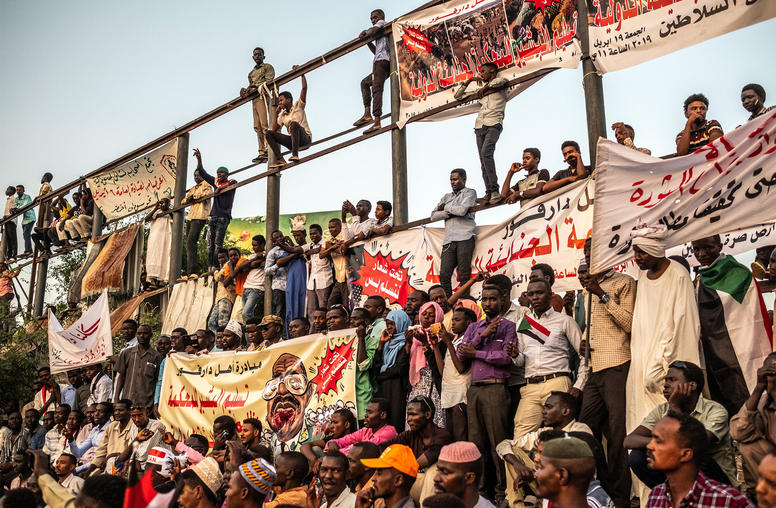
Normalizing Sudan-Israel Relations Now is a Dangerous Game
With the UAE and Bahrain having joined Egypt and Jordan in declaring peace with Israel, those asking “who’s next?” often look enthusiastically westward, toward Khartoum. Adding new chapters to the Abraham Accords is in the U.S. interest, but so is a successful transition in Sudan. And the sequence of these steps is critical. A unified Sudanese government with a popular mandate will be better able to forge a warm and sustainable peace with Israel, whereas a rushed Israeli-Sudanese agreement has the potential to unravel Sudan’s transition and generate renewed support for Sudan’s Islamists and their foreign backers.
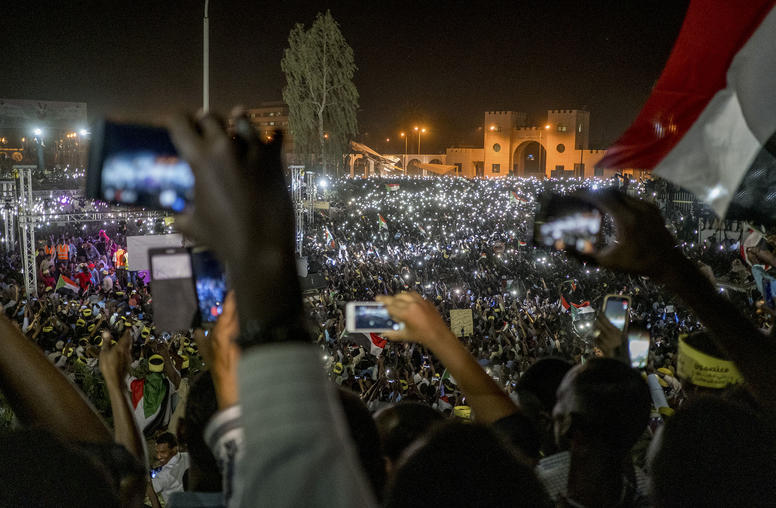
Sudan, One Year After Bashir
Dictator Omar al-Bashir, who ruled Sudan for nearly three decades, was overthrown in April 2019. After months of protests, negotiations led to a joint civilian-military transitional government to govern the country for a period of 39 months. However, Sudan’s political transition remains tenuous, and even before the coronavirus pandemic, the risks of failure were many. USIP’s Manal Taha, Payton Knopf, and Aly Verjee discuss the past year in Sudan and the need for further international support to shore up the transition.

Payton Knopf on What’s Ahead for the Horn of Africa in 2020
As Arab Gulf states and Turkey ramp up their competition for influence in the Horn of Africa, USIP’s Payton Knopf says the increased attention “has tended to exacerbate some of the internal tensions and political insecurities” in Ethiopia and Sudan—two states undergoing democratic transitions vital for regional stability.

Payton Knopf on the Stakes in Sudan
What’s at stake in Sudan as tense negotiations between the Transitional Military Council and protesters continue? “We need to see a swift transition to civilian-led rule,” says Payton Knopf. “Otherwise I’m afraid what will result is increased instability … or potentially a catastrophic failure of the state.”
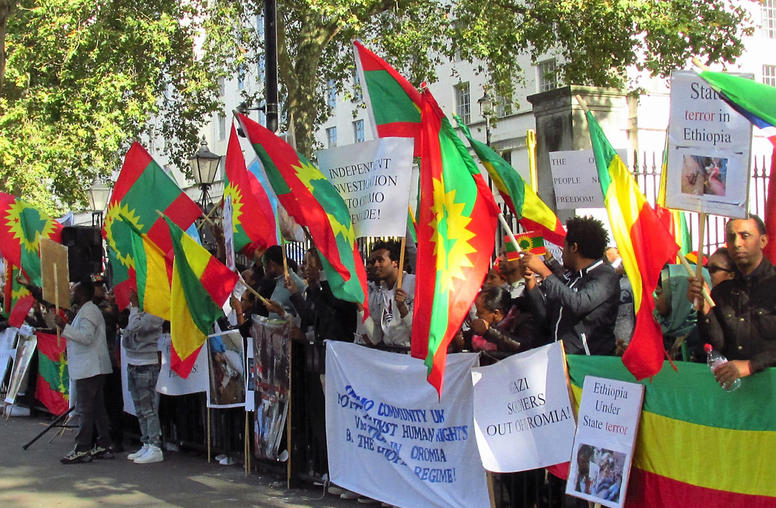
A Year of Change in Ethiopia
A year ago today, 42-year old reformist politician Abiy Ahmed became prime minister of Ethiopia. Abiy came to power during a deep political crisis with widespread grievances across this country of over 105 million people, and quickly began to enact political reforms. USIP’s Aly Verjee and Payton Knopf discuss Abiy’s year as prime minister and identify the challenges that lie ahead for eastern Africa’s most populous country.
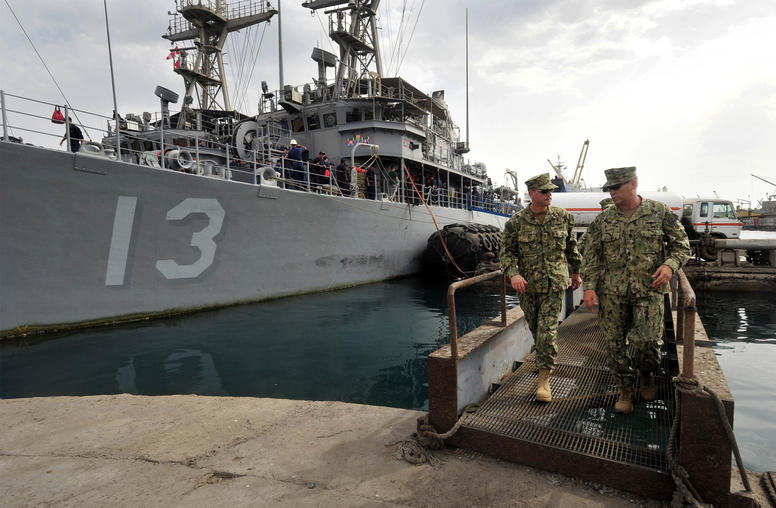
In Red Sea Region, Competing Outside Powers Complicate U.S. Interests
David Shinn, a former U.S. ambassador to Ethiopia and Burkina Faso, examines how great and regional power competition is impacting political and security dynamics in the Horn of Africa and complicating U.S. interests in the region.
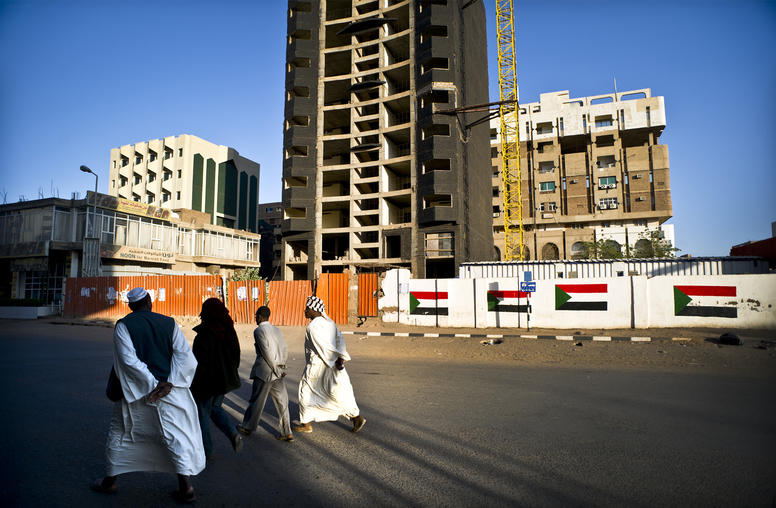
Reforming the U.S.-Sudan Relationship Requires a Regional Strategy
On November 7, the U.S. Department of State announced long-awaited plans outlining a path to better relations with Sudan, “designed to expand our bilateral cooperation, facilitate meaningful reforms to enhance stability in Sudan, and achieve further progress in a number of areas of longstanding concern.” USIP’s Aly Verjee and Payton Knopf discuss the initiative, and identify where broader U.S. regional objectives could cohere, including in the war in Yemen.
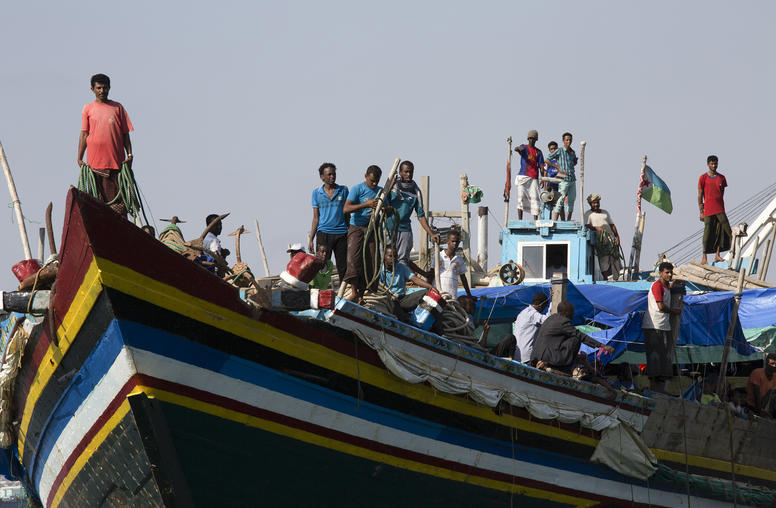
Why the U.S. Needs a Special Envoy for the Red Sea
The Trump administration has appointed four special envoys to coordinate U.S. policy toward key hot spots: Iran, North Korea, Syria, and Afghanistan. Yet in the Red Sea—one of the most volatile and lethal regions of the world afflicted by several interconnected conflicts and rivalries that pose significant challenges to American interests—U.S. policy has been rudderless in large part due to the absence of a similar post.